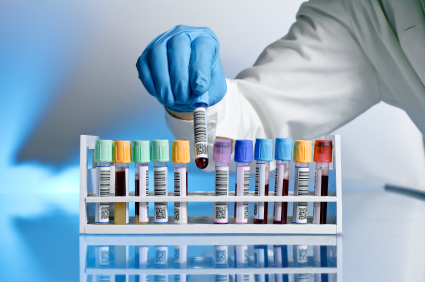Basic Principles in Clinical Biochemistry Lecture 2018 at SQU
Objectives: Define clinical biochemistry. Describe the uses of biochemical tests. Describe the routine tests done in clinical chemistry. Describe sample analysis and interpretation of results. Highlight the importance of routine clinical chemistry tests in the diagnosis, prognosis, monitoring and screening for disease. Describe special chemistry test and correlate lab results with disease states. Basic Principles[…]





